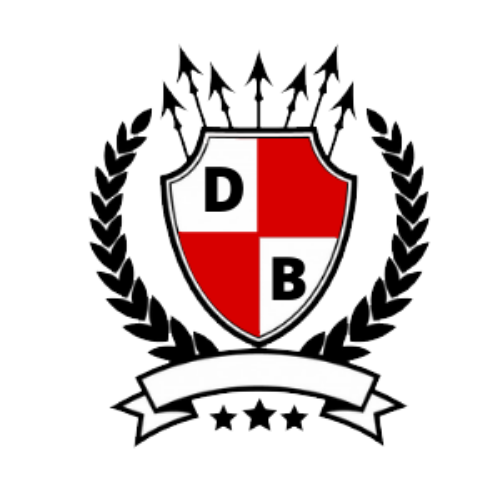Unveiling Privilege: The Tale of Scissors and Unequal Opportunities- A Simple Example For Diversity, Equity & Inclusion
Lil Jimmy!
Privilege is a concept that often goes unnoticed until someone notices it. It's like being the four-year-old right-handed child eagerly reaching for the first pair of scissors, ready to embark on a creative project. As you hold the scissors, they fit perfectly into your hand, allowing you to cut with ease. You don't think twice about it because it's the natural way to do things.
But what about the left-handed child in the same classroom? Their experience is not as straightforward. The regular right-handed scissors don't feel comfortable in their grasp, making cutting challenging and sometimes frustrating. They may even struggle to perform as well as their right-handed peers, even though they possess equal talent and creativity.
In this scenario, the teacher can level the playing field by recognizing the differences and providing the left-handed child with left-handed scissors. By doing so, the teacher ensures that both the right-handed and left-handed children have the tools necessary to express their creativity and showcase their abilities effectively.
Now, let's consider the broader implications of this example. Like the right-handed child's advantage, privilege is often embedded within our societal systems. It can manifest in various forms, such as gender, race, socioeconomic status, or physical ability. Those with privilege may unknowingly benefit from advantages that are not accessible to others.
Until today, some of us may have been oblivious to the existence of "left-handed scissors" in this world of opportunities. This realization exemplifies privilege. Those who enjoy privilege don't have to worry about how the status quo may hinder or even prevent others from doing their best work. They have the freedom to navigate through life without facing the same obstacles and biases that others encounter.
The analogy of the right-handed child with the first pair of scissors and the left-handed child without appropriate tools highlights the concept of privilege, and the importance of diversity, equality, and inclusion. Recognizing privilege in diversity, equity, and inclusion initiatives is crucial for creating a more equitable society.
Understanding and addressing privilege helps us identify and dismantle the barriers that prevent marginalized individuals from fully participating and thriving in various aspects of life. By acknowledging certain individuals' advantages and actively working to level the playing field, we can foster an environment that values diversity and promotes equal opportunities.
Simply, privilege is not about feeling guilty or ashamed of our advantages; it's about recognizing the disparities and striving for equality. Instead, recognizing and dismantling privilege is a fundamental step towards building a society that embraces and celebrates every individual's unique perspectives, talents, and contributions, regardless of their background or circumstances. Through these efforts, we can cultivate a truly inclusive society that ensures fairness, respect, and equal opportunities for everyone. By working together to eliminate systemic inequalities, we can create a society where everyone has an equal opportunity to excel and make their mark. This will not be easy, but nothing worth doing is easy. More importantly, I don't think we really have better options, especially if you believe the USA will be the leader in the industry going forward.

